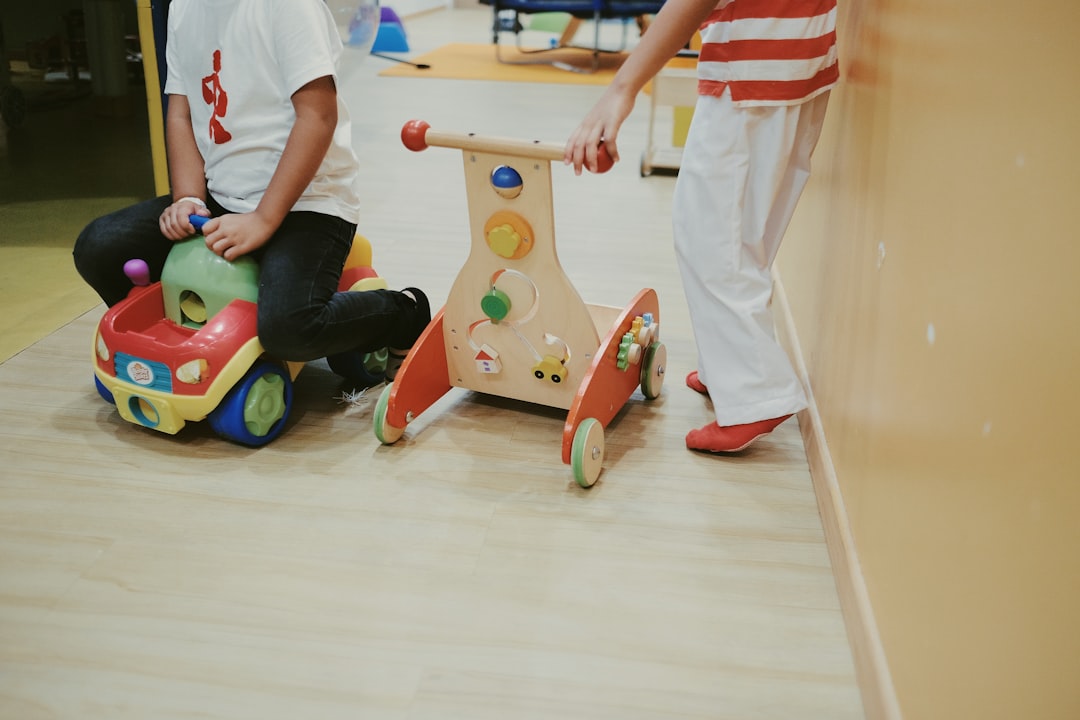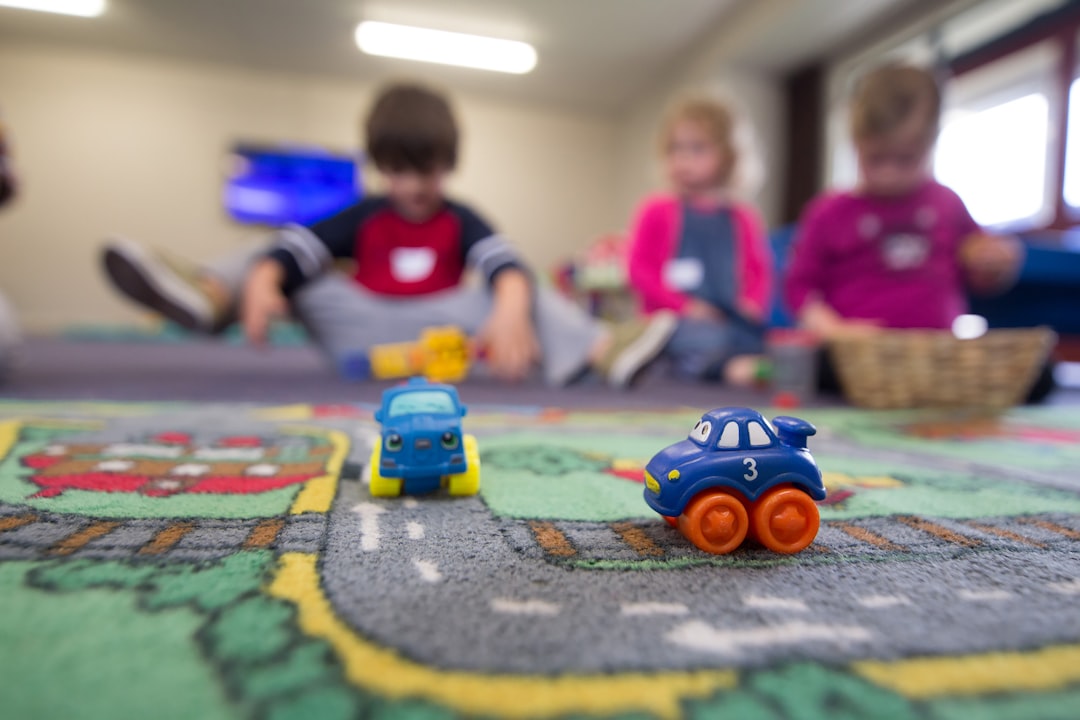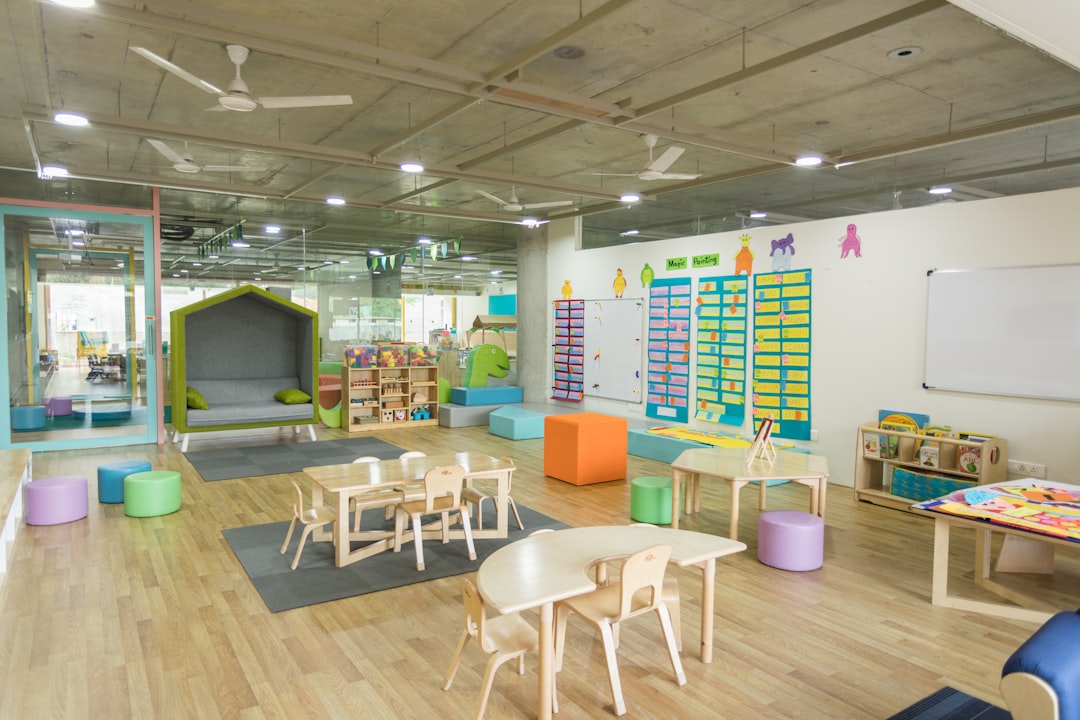Creating a safe environment in San Francisco daycares is paramount for child well-being, encompassing emotional security and healthy development. Recognizing and prioritizing trust, respect, open communication, and staff attuned to each child's needs are crucial to prevent trauma and neglect. Parents should engage with caregivers, monitor behavioral changes, and stay informed about safety protocols. Consulting daycare abuse attorneys in San Francisco, CA, empowers parents to recognize, report, and take action against potential abuse or neglect. The state mandates strict regulations, and numerous resources support parents and children.
In San Francisco, ensuring your child’s safety at daycare is paramount. This comprehensive guide equips parents with knowledge to create a secure environment. We explore the crucial role of safety in daycares, highlighting common red flags and risks to watch for. Armed with legal protections and resources, you can navigate the system effectively. Protecting your child from potential daycare abuse starts here, with expert insights tailored for San Francisco CA families.
Understanding the Importance of Safety in Daycares

Creating a safe environment is paramount for parents entrusting their children’s well-being to daycares in San Francisco, CA. Beyond ensuring physical safety, it involves fostering an atmosphere that promotes emotional security and encourages healthy development. Daycare abuse attorneys in San Francisco highlight that recognizing and prioritizing these aspects are critical to prevent potential trauma and neglect that can have long-lasting effects on young minds.
Safety in daycares extends beyond basic security measures. It encompasses policies and practices that foster trust, respect, and open communication between caregivers and children. Educated staff members who are attuned to each child’s unique needs play a pivotal role in creating this safe space. Parents should actively engage with caregivers, inquire about daily routines, and stay informed about the daycare’s safety protocols to make informed decisions regarding their children’s care.
Identifying Potential Red Flags and Risks

Identifying potential red flags and risks is a critical step in ensuring your child’s safety, especially within San Francisco’s vibrant yet complex childcare environment. As a parent, staying vigilant can help protect against rare but severe incidents like daycare abuse. Keep an eye out for changes in your child’s behavior, such as sudden withdrawal or increased anxiety, which might indicate underlying issues.
Regular communication with caregivers and educators is key. Discussing your observations and concerns openly with daycare staff can uncover potential problems early on. Moreover, staying informed about local laws and regulations regarding childcare facilities encourages accountability and empowers you to take action if needed. For instance, consulting with experienced daycare abuse attorneys in San Francisco, CA, can provide guidance on recognizing and reporting suspicious activities.
Legal Protections and Resources for San Francisco Parents

In San Francisco, California, parents have legal protections in place to ensure their children’s safety, especially when it comes to daycare settings. The state has strict regulations regarding childcare facilities, including licensing requirements and oversight by the California Department of Social Services. If a parent suspects any form of abuse or neglect within a daycare, they can reach out to local authorities or contact dedicated daycare abuse attorneys in San Francisco CA for guidance and legal action.
There are numerous resources available for parents concerned about their child’s well-being. Non-profit organizations and government agencies offer support services, counseling, and advocacy to families affected by daycare-related issues. These entities can provide valuable information on reporting procedures, understanding legal rights, and accessing appropriate help, ensuring that both parents and children receive the necessary protection and care.





